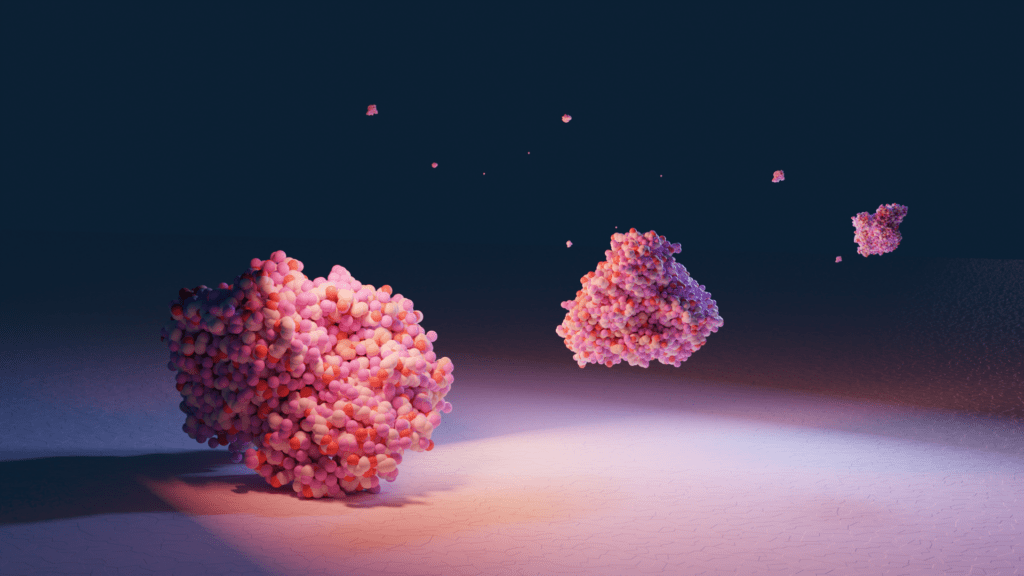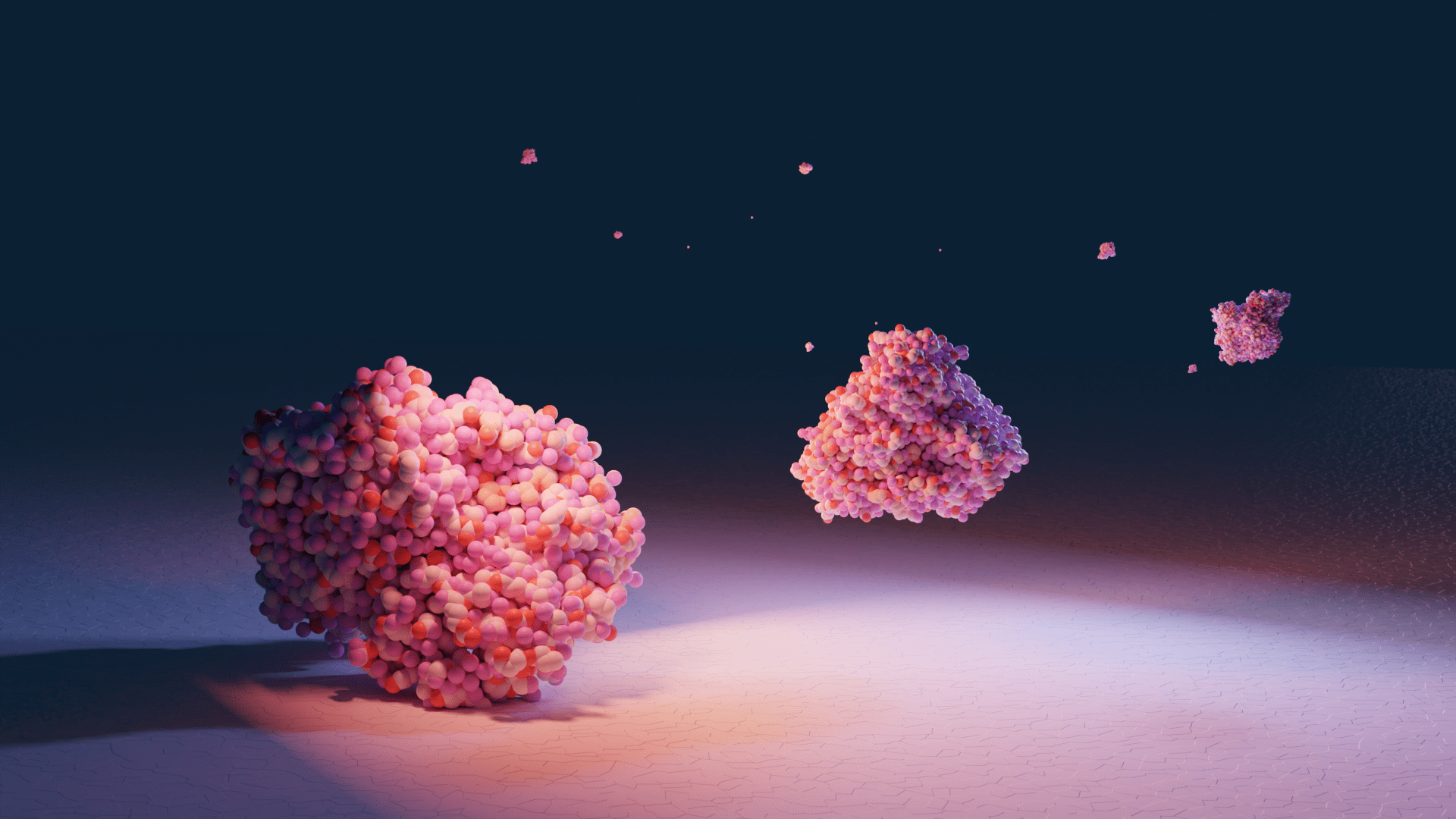
April 11, 2024
Synbio: Revolutionizing Green API Manufacturing

By Neekta Hamidi, Associate Director, Policy & Partnerships, Ginkgo Bioworks
As the demand for pharmaceuticals continues to surge worldwide, the imperative for sustainable and efficient manufacturing practices grows more urgent. However, the pharmaceutical industry deals with inherent challenges, including resource-intensive manufacturing processes for drugs and their Active Pharmaceutical Ingredients (API) and insufficient manufacturing capacity for complex medicines. In parallel, the industry faces a large and steadily growing demand for medicines. Together, these systematic challenges and increasing needs necessitate greener and more sustainable practices for their production.
Enter synthetic biology (synbio), offering a sustainable approach with lower emissions, reduced waste product and supply chain-resilient processes, and a transformative solution towards greener API manufacturing.
Resource-intensive manufacturing processes for drugs and their APIs
Traditional methods of drug production have long been criticized for their resource-intensive nature. For instance, the production of 1 kilogram of API typically generates a staggering 182 kilograms of waste. The situation worsens with biologics manufacturing, where 1 kilogram of monoclonal antibodies (mAb) can yield a staggering 7,700 kilograms of waste, with 90 percent comprised of water. This highlights a critical need for the pharmaceutical industry to adopt sustainable practices, with biologics manufacturing having the biggest opportunity to reduce its environmental impact.
Specifically in biologics manufacturing, key manufacturing hotspots and their areas of highest impact demonstrate the severity of how resource intensive these processes are. Solvent usage emerges as a significant contributor to energy use, global warming potential, eutrophication and water depletion metrics. Similarly, catalytic metal usage impacts water quality through acidification, posing serious environmental concerns. Additionally, cleanroom infrastructure and sterilization processes demand substantial electricity consumption, while chromatography processes demand substantial water consumption.
Insufficient manufacturing capacity for complex medicines
Another pressing issue is the lack of manufacturing capacity for complex medicines globally. The current system lacks agility. For example, many APIs and Key Starting Materials (KSMs) are derived from plants grown in very specific environments across the world. For context, 72 percent of APIs used in the U.S. drug supply are manufactured in more than 150 countries, with 13 percent coming from China alone. The system is susceptible to variability in crops in these specific regions and supply shortages, from climate issues or social and political conflicts. These factors ultimately lead to increases in health inequity and health outcomes in relevant populations.
Synbio has the capability to reconstruct complex biosynthetic pathways to make the APIs and KSMs that are dependent on this supply chain. Several examples have illustrated the potential of synbio in revolutionizing API manufacturing, and demonstrated lower emissions, reduced waste product, and supply chain-resilient processes.
For instance, the biosynthesis of Januvia in 2006 resulted in a 6 percent improvement in productivity, a 10 to 13 percent overall yield increase, and a remarkable 19 percent waste reduction. Finally, Pfizer’s proprietary biocatalytic plant sterol-based process for progesterone production reduced waste, slashed greenhouse gas emissions by 70 percent, and eliminated the use of metal catalysts compared to its predecessor.
Fermentation: A key driver for sustainable API manufacturing at scale
Looking ahead, fermentation facilities hold immense promise in scaling up manufacturing capacity for APIs. By establishing these facilities globally, the industry can reduce dependence on specific geographical regions for specialized crop farming. This decentralization enables rapid response to market demands and mitigates supply chain disruptions, ultimately allowing fermentation to be done wherever specific compounds are needed. Ginkgo Bioworks’ recent Adjuvant Activity to Vaccines Prototype grant, in collaboration with SaponiQx, is partially centered around this exact issue. Together, Ginkgo and SaponiQx are working to develop a first-generation Adjuvant Development Candidate (ADC) production method, using a heterologous production strain on Ginkgo’s cell programming platform. Ginkgo’s platform enables the rapid prototyping, optimization, and development of proteins, enzymes, metabolic pathways, and whole organisms under commercial-scale manufacturing conditions. Development of a such a method may aid in advancing the creation of a sustainable mass-production manufacturing method for these complex adjuvants.
Synbio stands at the forefront of revolutionizing greener API manufacturing, offering a pathway towards sustainability and resilience in the pharmaceutical industry. As stakeholders increasingly prioritize environmental stewardship and resource efficiency, synbio emerges as a catalyst for transformative change, paving the way for a greener, more sustainable future in drug production.